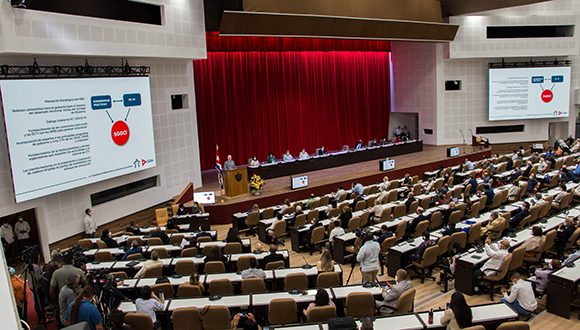A plan to increase student mobility across Latin America | University World News

Francesc Pedró, Director of UNESCO IESALC
Higher education institutions in Latin America and the Caribbean are increasingly willing to collaborate across borders, as evidenced by the growing number of regional university networks. However, the absence of economic incentives and regional programmes to promote cooperation in higher education, particularly in research and training, remains a significant barrier.
These limitations severely restrict the capacity of institutional networks to contribute to generating shared knowledge and utilising academic mobility as a reinforcement.
This situation is further exacerbated by the lack of major regional programmes for research funding, the creation of shared curricula and degree programmes between institutions in different countries, and the absence of a common student mobility programme.
Considering these challenges, the Regional Convention on the Recognition of Studies, Diplomas and Degrees in Higher Education in Latin America and the Caribbean, known as the Buenos Aires Convention, adopted in 2019 by 23 countries, seeks to invigorate academic mobility and address these underlying issues.
It entered into force at the end of 2022 and has so far been ratified by Cuba, Grenada, Peru, Uruguay and the Holy See, representing the Catholic Church (…)
Original post published in University World News
RELATED ITEMS








